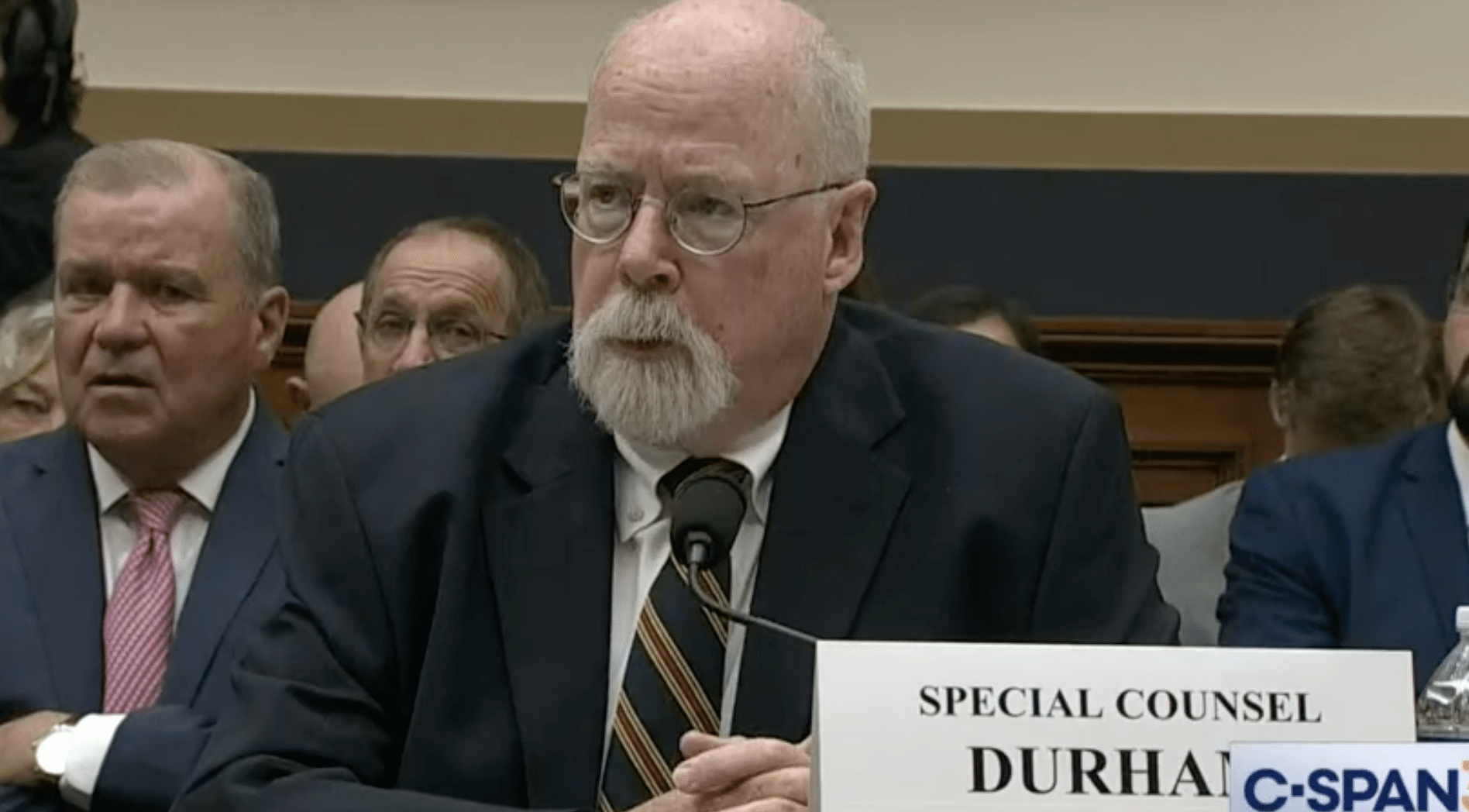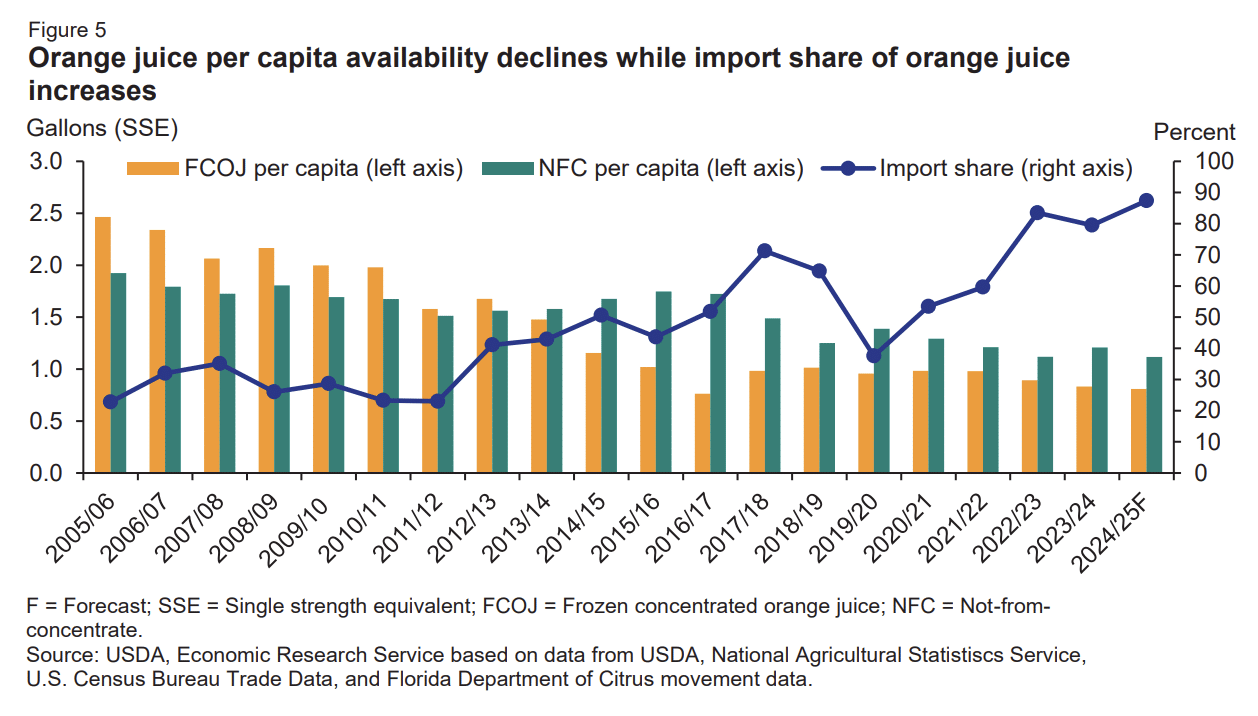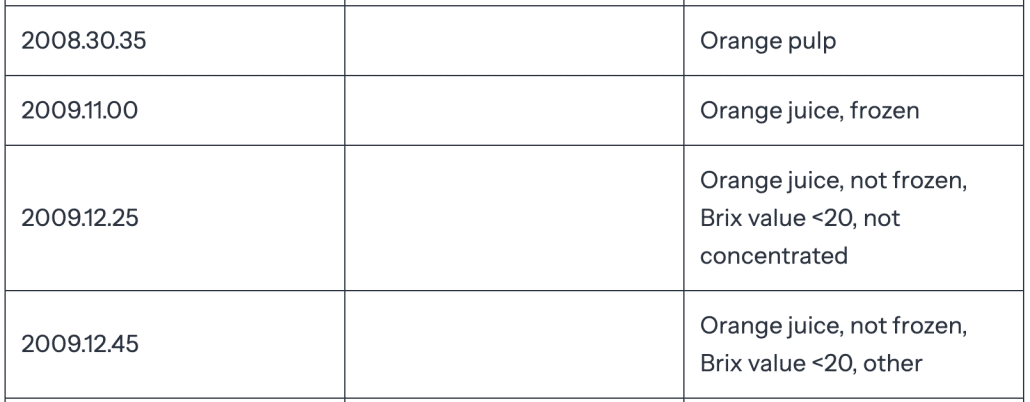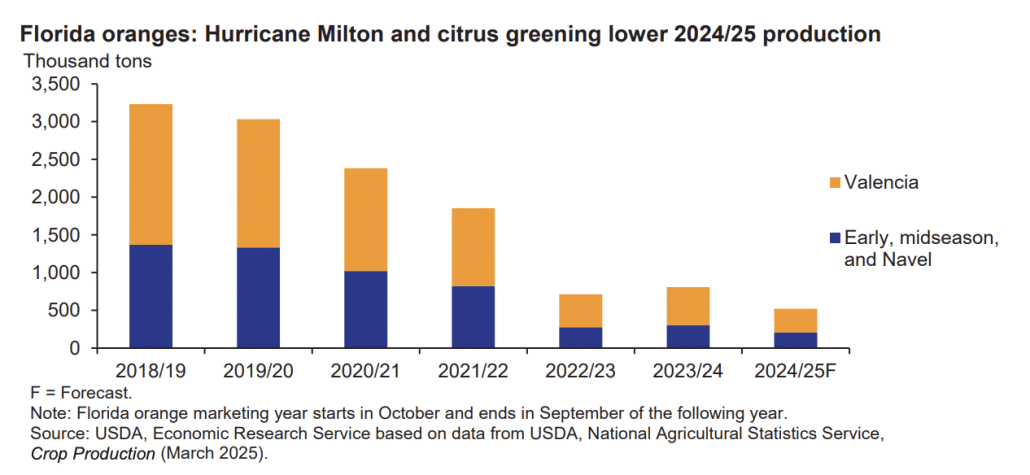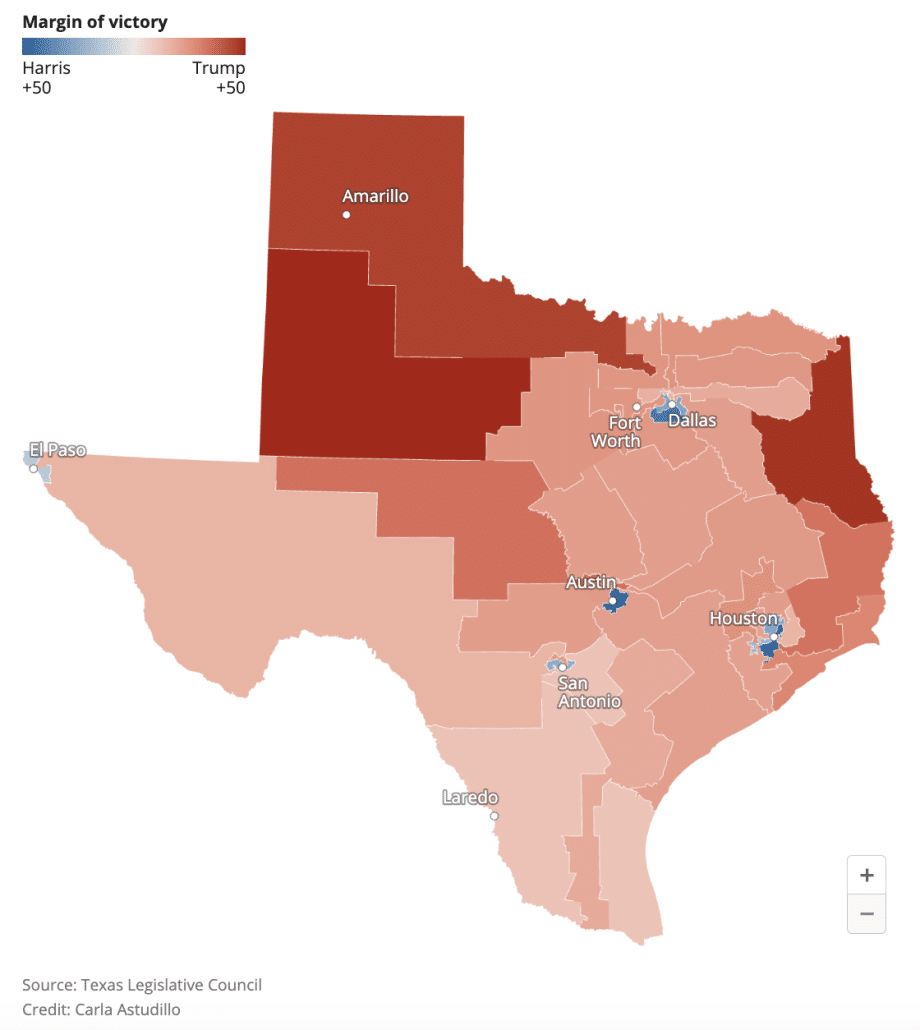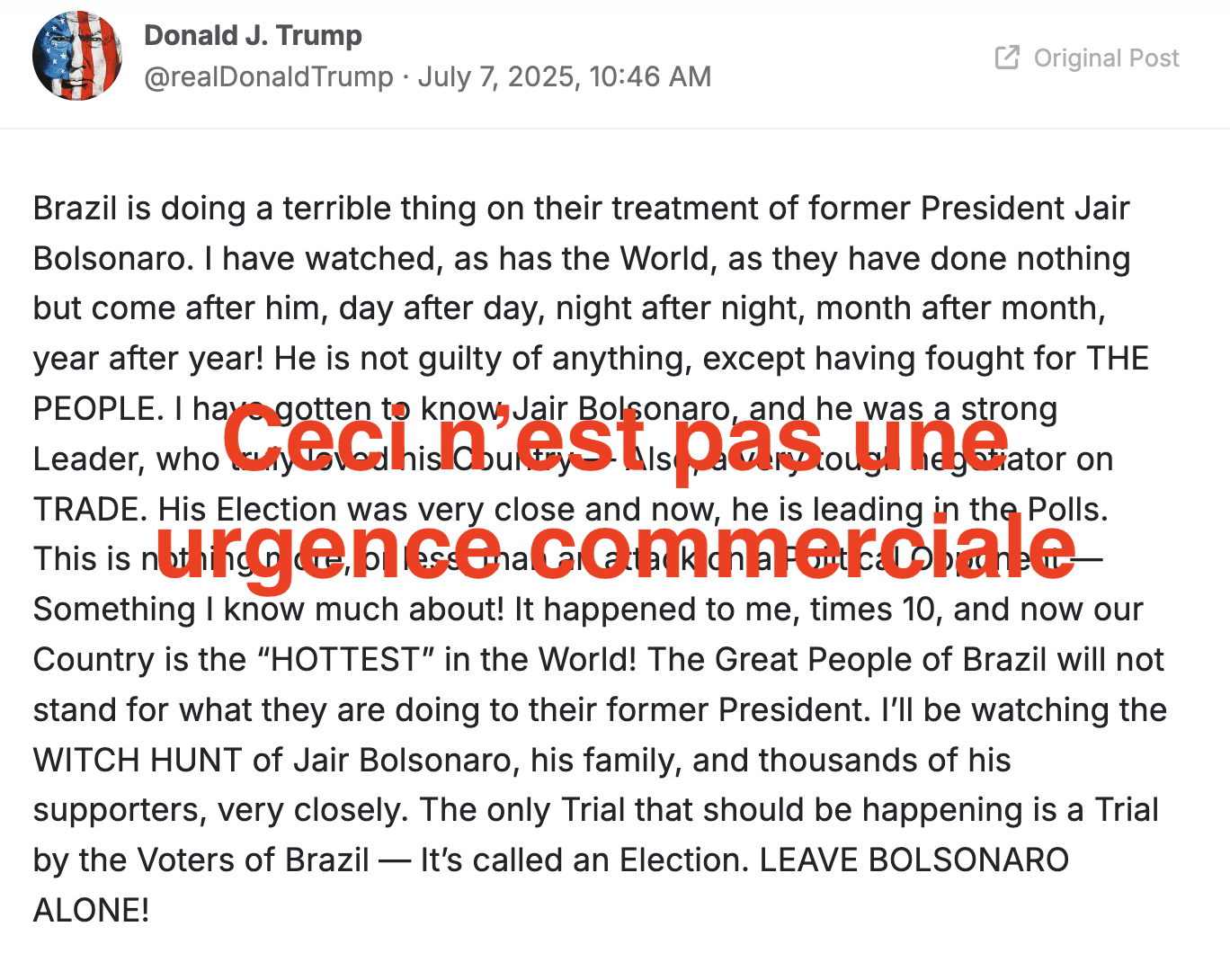HPSCI’s dishonesty mirror
My very favorite paragraphs in the entire House Intelligence Report (HPSCI Report) attacking the 2017 Intelligence Community Assessment (ICA) on Russian election interference are these two:


They complain that the 2-page appendix of the ICA addressing the Steele dossier didn’t include details about Christopher Steele that would discredit the dossier, chief among them HPSCI’s claim that Steele was terminated “for being dishonest.”
Here’s how the DOJ Inspector General on the Carter Page FISAs described when and why Steele got shut down as a source:
On November 1, 2016, Steele’s FBI handling agent questioned Steele, who admitted speaking to the reporter who wrote the October 31 article. The handling agent advised Steele at that time that his relationship with the FBI would likely be terminated for disclosing his relationship with the FBI to the press, and the FBI officially closed Steele for cause on November 17, 2016. Steele was never paid by the FBI for any of the reports or information that he provided concerning Carter Page or connections between the Russian government and the Trump campaign.
He was terminated “for disclosing his relationship with the FBI to the press.” Now, perhaps it’s churlish to expect a report on accuracy and sourcing dated September 18, 2020 to account for a report released 284 days earlier, on December 9, 2019.
So, let’s try their own claimed source. Here’s how Steele’s handler, Mike Gaeta, described it in a December 2017 HPSCI interview that the HPSCI report cites extensively, including in that first paragraph.
I called him to confront him and ask him if he was the source in that article. So I said, “Was that you in the article?” And he goes, “Yes, it was.” At which point I said, “Why on Earth would you do that?” And I said, “Everything is going to change here on out.”
I told him a couple of things. I told him, you know, you are no longer considering — don’t consider yourself being tasked by us. You are not working on our behalf. You are not to collect any information on behalf of the FBl. I said, you know, the relationship will end. You know, this was because of his violation of the agreement that we had made back on October 3rd, which I don’t believe we got into, but because he clearly didn’t follow directions, because he clearly went against what he was instructed to do, and because he went public, the relationship was then ended that day.
But then, officially, on paper, a few weeks later, we actually shut the file down. And that was — and I also told him he was not being paid. There was a payment that he was expecting at that point, and I said that that’s not going to happen
[snip]
Up until that moment, he had been a complete professional. And so, when I see that in the article, I was just — that’s when I was taken aback. And then when I confronted him, he said, “Yes, I did it.” And then he makes this comment about being upset about the actions of the Director on the Friday before. [my emphasis]
Steele “went public,” which “went against what he was instructed to do,” but he was honest that he had done so. “Up until that moment, he had been a complete professional.”
Even the Nunes memo — the predecessor to this section, largely authored by now-FBI Director Kash Patel — describes that Steele was terminated because he made an “unauthorized disclosure to the media” (though that memo makes plenty of other errors, which I addressed here).
Steele wasn’t closed because he was dishonest (indeed, the IG Report quotes Peter Strzok saying, “We did not close him because we thought he was [a] fabricator”). And he definitely wasn’t closed in October, as the first but not second paragraph claims, before the Mother Jones article that was the precipitating reason for his termination as an FBI source.
The first paragraph above kicked off an entire section of the HPSCI Report attacking Steele’s credibility. The second appears several pages later, in a section scolding the ICA authors for not providing proper source reporting. These pivotal paragraphs in HPSCI’s case against Christopher Steele claim that he was fired for being dishonest.
The claim, itself, was dishonest. The claim, itself, misrepresents source reporting.
That’s a pretty good read of the kind of rampant error and sloppiness found throughout this entire section — and, indeed, the report more generally.
Dossier insertion
And consider the import of that first paragraph’s citation to “interviews with the FBI agent who handled Mr. Steele.”
As I explained in this post, the claimed project of the HPSCI Report was to measure whether the ICA had enough evidence to back the assessments they made in the report, published on January 5, 2017. Elsewhere (with the notable exception of the 2018 indictment of Yevgeniy Prigozhin’s trolls), HPSCI pretends they’ve learned absolutely nothing in the interim period. They don’t know that George Papadopoulos got advance notice Russia was going to drop emails. They don’t know that Don Jr. responded enthusiastically to an email offering, “very high level and sensitive information [that] is part of Russia and its government’s support for Mr. Trump.” They don’t know that Trump’s campaign manager met with a suspected Russian spy and shared campaign strategy at the same meeting where they discussed getting paid by pro-Russian oligarchs and carving up Ukraine.
The premise of the report is to play dumb to all that.
The dossier discussion, by contrast, engages in no such conceit. Over and over, HPSCI uses stuff discovered after the ICA to claim ICA authors shouldn’t have included the Steele dossier in the ICA (though once again, this is very selective). It’s a different project entirely.
Even in structure, it feels like HPSCI took an existing, mostly unrelated report on the dossier and plopped it into the middle of this assessment of the ICA. The entire dossier section — almost a quarter of the full report — is actually a subsection of a finding addressing a different document; the dossier is included in that section because the ICA summary of the dossier reportedly included the words, “Russian plans and intentions.”
- Finding 6: The ICA misrepresented documents on Putin’s intention. This pertains significantly to advice Putin got (it may also rely on the SVR documents). A 10-page attack on the dossier is put in here for contrived reasons.
Given the apparently haphazard ploy to dump the dossier work in here, look closely at what the HPSCI report says about the inclusion of the dossier in the ICA in the first place.
Schrodinger’s dossier
All three reports released recently (CIA’s Tradecraft review, Tulsi’s propaganda presentation, and this 2020 HPSCI report) have some version of complaint that, after a debate among Jim Comey, John Brennan, and Mike Rogers as to how to fulfill President Obama’s mandate to include everything they knew in the ICA, they decided to put it into an annex along with a bullet — newly disclosed — that cited to it as “additional reporting.”

Tulsi even has someone she calls a whistleblower who claimed he remained ignorant that that had happened as late as September 2019, though like so many of her claims that’s based on a misrepresentation of the record.
The HPSCI Report cites those four words, “Russian plans and intentions,” it used them to justify including the dossier in this section. But it doesn’t describe what the CIA report does: the two-page appendix includes a disclaimer.
Ultimately, agency heads decided to include a two-page summary of the Dossier as an annex to the ICA, with a disclaimer that the material was not used “to reach the analytic conclusions.” [my emphasis]
The HPSCI omission is important. That’s true, first of all, because the HPSCI Report goes to great lengths to claim that by including the bullet, the ICA authors effectively incorporated the dossier content in the report itself. But their analysis makes it very clear the dossier material was not in the ICA. Just as one example, the HPSCI Report claims “The ICA indicated no evidence of similar damaging material being held by Moscow on candidate Trump, making him less vulnerable to such post-election influence operations” [than Hillary]. Elsewhere they claim that Hillary, traveling as either the First Lady or the Secretary of State, was more vulnerable to compromise on overseas trips than Trump, traveling as a beauty pageant promoter. If the dossier is in the ICA, both those claims are ridiculous (once you consider Trump’s secret efforts to build a Trump Tower funded by sanctioned banks, both are ridiculous in any case, but…).
HPSCI adopts another inconsistent claim about how the dossier appendix was included in the ICA. Tulsi’s documents show that the plan for the ICA was to create three versions:
But as both the HPSCI Report and the CIA report complain, “the highest classified version of the ICA” — the one intended for around 30 people — “had been shared with more than 200 US officials.” (The HPSCI report later complains that the dossier couldn’t have been included in the ICA in the service of a defensive briefing because that most classified version went to 250 people.)
Well, who did that? Most of that dissemination would have happened after January 20, 2017. Most of that dissemination would have happened under Donald Trump. And that’s weird, because HPSCI also claims that the dossier was stuck in (an appendix of) only the most classified section to “better able to shield the assessment from scrutiny,” even though they’ve just complained about how broadly it disseminated … under Trump.
Holding the ICA accountable for things discovered a year later
Mostly, though, the vast bulk of the HPSCI report about the dossier is an extended rant that ICA authors did not include stuff the committee itself discovered via a sustained investigation.
A list of just some of the things the HPSCI Report complains the ICA authors did not include includes:
- Details from the January 2017 debrief of Igor Danchenko, which started on January 24 but wasn’t memorialized until early February
- A full accounting of how many media outlets Steele shared the dossier with (which may be sourced to Glenn Simpson’s 2019 book or HPSCI’s own investigation)
- The Buzzfeed publication on January 10, 2017
- The means by which Steele delivered his reports, which HPSCI’s own investigation unpacked (relying in part on that December 2017 Gaeta interview)
- Gaeta’s own background (a complaint which ignored how FBI works sources)
- Steele’s own refusal to be interviewed by the investigation (???), as if the ICA could ever have accounted for that
- The absence of claims about Steele’s source network — which the FBI first started discovering with their January 2017 Danchenko interview
- Gaeta’s 2017 testimony about what Bruce Ohr did
- Details about what Steele did at DOJ (such as what he said to Bruce Ohr) but didn’t do with the Crossfire Hurricane team
- Other details of the termination discussion HPSCI obtained from Gaeta
- Details about Fusion’s work for Natalia Veselnitskaya, which came out in the wake of Don Jr’s release of the June 9 emails (largely forced by HPSCI’s investigation)
- Details about plans to pay Steele, which were killed (HPSCI affirmatively misrepresented the circumstances of the tasking assignment; most of the reports came before the tasking meeting)
- More details about Steele’s ties to the press
- A quote from Andrew McCabe’s December 2017 testimony about what the FBI had been able to verify
And some of the things that were known by January 5, 2017 were almost certainly not available to ICA for the same reason that details of George Papadopoulos’ advance notice of the email leak were not: because it was part of an ongoing FBI investigation.
The standard applied to the dossier is wildly different than the standard applied to the rest of the report.
HPSCI bros need to review their hacking claims
Worse still, the HPSCI Report sucks at the thing that should be a slam dunk. The second-to-last part of this section challenges the ICA claim that some parts of the dossier were consistent with other known facts.
Now, I would expect a half committee of Congressional staffers, many with past training on the IC, to be able to do as well as little old me before they had two of the key interviews on which they rely on.
January 11, 2017: The Democrats Newfound Love for Russian Intelligence Product
September 6, 2017: John Sipher’s Garbage Post Arguing the Steele Dossier Isn’t Garbage
Most of HPSCI’s assessment of “corroboration” reviews generalized items about Putin’s intent. It claims,
The CIA further claimed “limited” intelligence corroboration of Steele’s information, but failed to mention that his dossier was produced after Russian election hacking operations had already been exposed in the media — beginning 4 June 2016, [sic] while Mr. Steele delivered his first report to FBI on 5 July 2016 — and thus any dossier mention of Russian hacking was neither predictive, nor was it unique information that was “corroborated” by intelligence.
“Regurgitated” would have been a more descriptive term to describe the dossier, in that it parroted media or internet stories and pundit comments on Russian hacks of the DNC.
As pertaining to hacking, though — their primary focus — it’s actually not that the dossier parroted things that were public.
It’s that they affirmatively rebutted the most obvious conclusions from the ongoing hack-and-leak. For example, the first and several reports completed after that all suggested that the Kompromat that Russia had on Hillary was decades old material from when she traveled to Russia, not the hack-and-leak campaign rolling out in front of our eyes. A July 26, 2016 report, released after the DNC release and almost a year after the first public attributions of the APT 29 hack of State and DOD to Russia, claimed that Russia wasn’t having much success at hacking Western targets, a claim that anyone briefed on those APT 29 hacks (including the Republicans so taken with the SVR reports stolen in those hacks) would know was laughable. The most incendiary December 13 post attributed the troll campaign to Webzilla, not Yevgeniy Prigozhin. That is, the dossier wasn’t just delayed; it affirmatively contradicted most of the publicly known details about the election interference campaign and even more of the details that the ICA addressed closely. That should have raised concerns from everyone looking closely. It’s not just that the dossier had a lot of shit. It’s that the shit it did have would have led the Democrats to be complacent about the campaign targeting them (another point I made before HPSCI’s big interviews in December 2017).
And that should have raised questions from everyone involved.
HPSCI’s only consistency is playing dumb about Manafort and Deripaska
Which leads me to where this section gets really weird.
Again, the point of this report is to assess whether the ICA claims made in a January 5, 2017 report were backed by sufficient intelligence.
Yet at three different points in this section, HPSCI complains about what happened after the report was complete. They complain about the way Jim Comey briefed the dossier to Trump on January 6, 2017. They claim that including the dossier raised alarmist concerns among senior policy makers — about which Trump complained after the fact. And in a report purporting to review the ICA itself, they complain about what Comey said in a White House visit on February 8, 2017 (which was after the first Igor Danchenko debriefing but a day before it was memorialized).
This is all weird on its face. None of it pertains to the contents of the ICA at all (and to the extent it feeds right wing frothy conspiracy theories, it relies on their demand that ICA authors know what it took HPSCI a year to discover).
But one thing that at least some of these people knew before this time does not appear in the HPSCI. While HPSCI makes much of the fact that (the ICA didn’t mention that) Fusion GPS worked with Natalia Veselnitskaya, they show no concern about the fact that, via a different firm, Steele worked with Oleg Deripaska — and even attempted to collect dirt on Paul Manafort for him starting in March 2016, something addressed in the Danchenko interview. By May 2017, the intelligence community had assessed that Deripaska “was associated” with a Russian intelligence agency. The right wing, including multiple people on HPSCI, staged a panic about Steele’s ties to Deripaska in August 2018 … and then they just dropped it. The December 2019 IG Report included extensive discussion of the degree to which Deripaska influenced Steele’s earlier reporting and might have succeeded in injecting the dossier with disinformation.
Even crazier, with their obsession about how Steele delivered the dossier to the FBI, they ignore how Steele pushed Deripaska’s own complaints to DOJ, all in parallel with his efforts to hand off the dossier. I laid out the double game Deripaska appears to have been playing in early 2020, nine months before this HPSCI Report.
These details become all the more important given the HPSCI Report’s focus on things that happened in late January and February 2017, because Paul Manafort — about whom they play dumb throughout this report — met with a Deripaska deputy just as the dossier was breaking, only to return and advise right wingers to launch precisely the campaign that this HPSCI Report tries to carry out.
In one of HPSCI’s few complaints about the ICA fairly situated on what (or how little) they might know about the dossier by January 5, 2017, HPSCI notes that while the ICA described the complexity of Steele’s claimed network, they didn’t know enough to know whether it was infected by his own fabrication or Russian disinformation.
The ICA also describes dossier information as collected from “a layered network of identified and unidentified subsources” although the ICA did not clarify that FBI and CIA had so few details on the alleged network, that they didn’t know if this material was all or in part fabricated by Mr. Steele, his subsources, or if it was Russian disinformation fed to the subsources.
But by September 2020, HPSCI should have.
Update: Fixed year of DOJ IG Report.
Links
A Dossier Steal: HPSCI Expertly Discloses Their Own Shoddy Cover-Up
Think of the HPSCI Report as a Time Machine to Launder Donald Trump’s Russia Russia Russia Claims
Tulsi Gabbard and John Ratcliffe Reveal Putin “Was Counting on” a Trump Win
Tulsi Gabbard Teams Up with Russian Spies to Wiretap and Unmask Hillary Clinton
The Secrets about Russia’s Influence Operation that Tulsi Gabbard Is Still Keeping from Us
Tulsi Gabbard Accuses Kash Patel of Covering Up for the Obama Deep State

